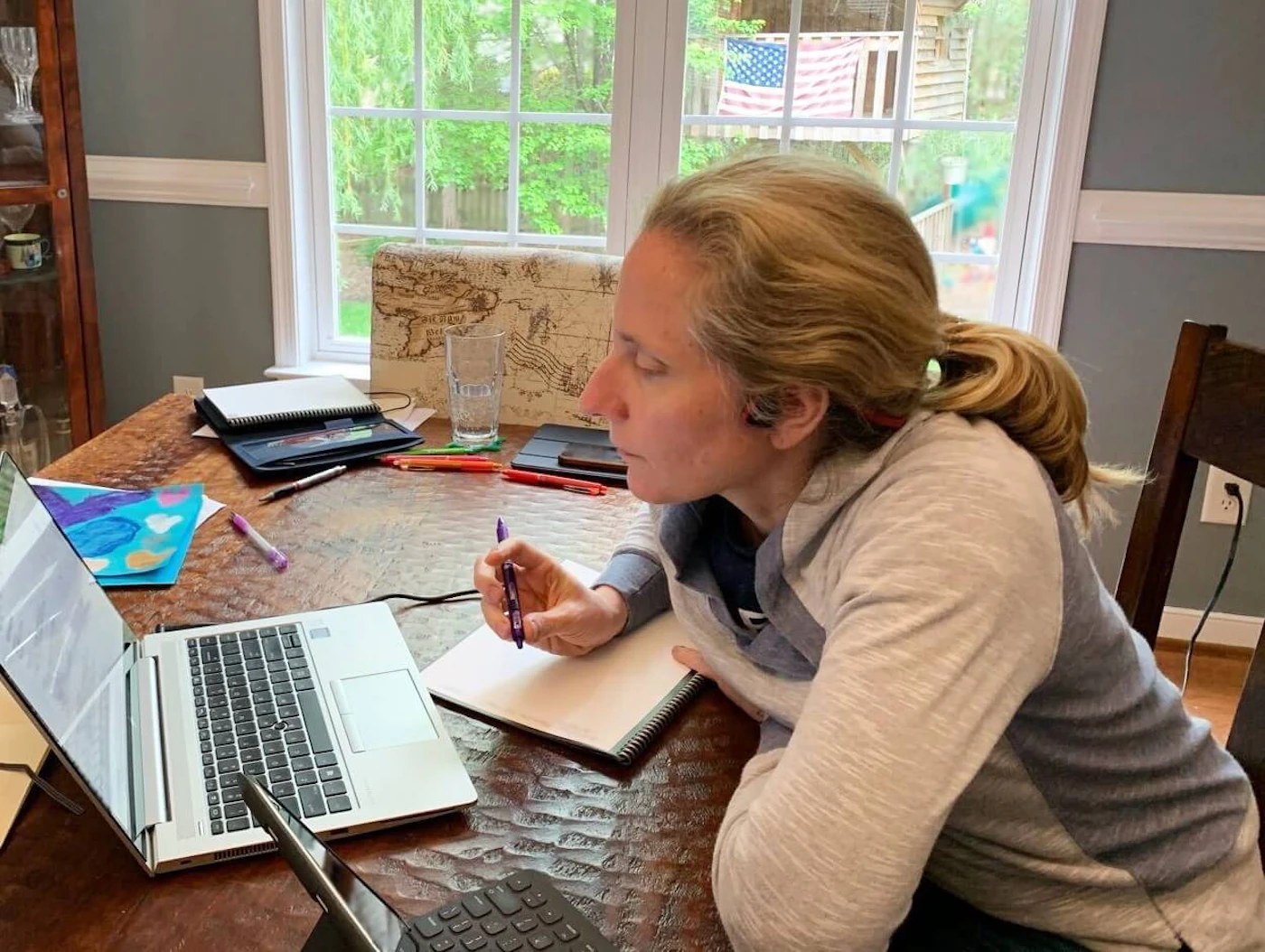Rep. Abigail Spanberger announced $100,000 in grant funding to help improve telehealth services in central Virginia.
The funding, which comes from the Department of Health and Human Services, will go towards the Virginia Rural Health Association. The organization is a nonprofit that serves about 2.5 million people who live in rural areas of Virginia.
Communities in rural areas of Virginia struggled with access to healthcare well before the pandemic, with hospital closures and unreliable internet connection. The pandemic made those issues even more challenging, as communities were encouraged to stay home and participate in telehealth visits instead of traveling to medical centers.
“For years, rural Virginians have been facing healthcare challenges like hospital and clinic closures, long wait times, and a shrinking number of doctors and specialists. During COVID-19, the barriers to accessing affordable healthcare have become even higher. Telehealth has become the only option for many rural seniors, families, veterans, and patients with chronic conditions,” Spanberger said in a statement.
Barriers to access telehealth don’t end with patients either. Instead, rural hospitals have struggled to meet the demand for virtual doctor’s visits and medical care. According to the Kaiser Family Foundation, many rural hospital systems across the United States have had to deal with unexpected costs associated with setting up secure, reliable telehealth systems in their areas.
“[Implementing telehealth services] requires significant financial and workforce investment, which may be more difficult for smaller or less-resourced practices,” KFF wrote in a report on the state of telehealth in the U.S. “Actions to rapidly expand telemedicine could come with tradeoffs, including concerns over privacy and quality of care.”
Before the onset of the pandemic, only about 2% of enrollees in major health insurance plans had utilized telehealth services, according to KFF. Although it’s too early to estimate how many more people have used telehealth services since the pandemic hit in March, it has been a critical tool for doctors and their patients to stay connected with fewer in-person visits.
“Pandemic or no pandemic, living in a rural zip code should never condemn an American to going without the treatment and care they need,” Spanberger said in a statement. “I’m encouraged by the emphasis that HHS has placed on telehealth services during this public health crisis, and I thank them for partnering with the Virginia Rural Health Association to provide telehealth solutions to more Central Virginians. This federal investment will help preserve the lifeline of telehealth for more of our rural neighbors as they live, work, farm, and raise their families during this challenging time.”
Since the beginning of the pandemic, Spanberger has been pushing for improvements in the telehealth field for the communities she represents. In August she led a bipartisan push for telehealth support in coronavirus relief aid package.




